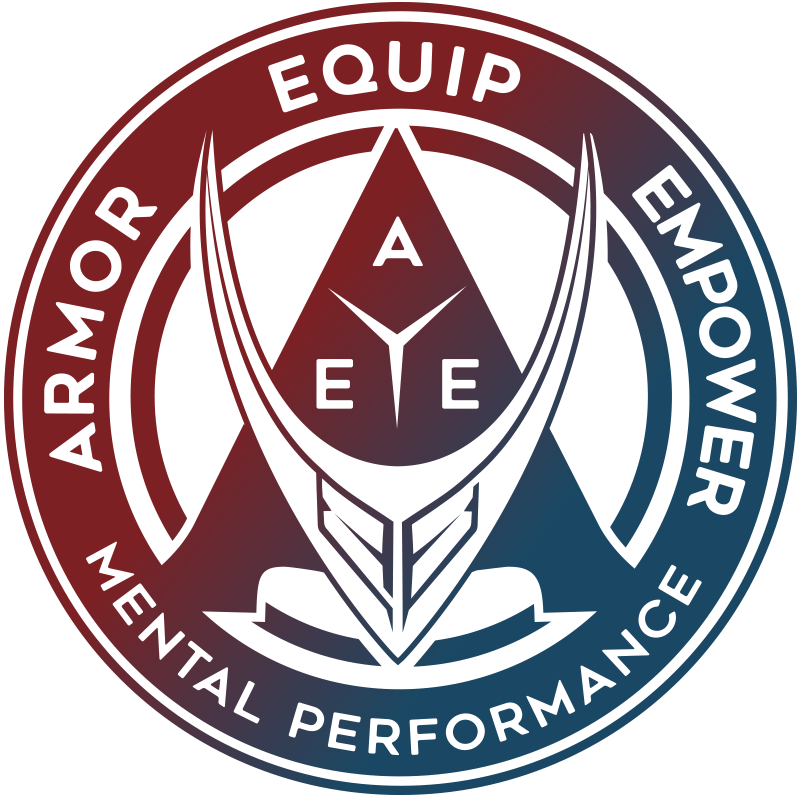Post-performance routines
(Popr)
Why is recovering appropriately important?
Two main results of negative stressful/traumatic experience:
- Dis-empowerment → self-efficacy
- Disconnection → social support
These are in “danger” especially after an unsuccessful performance/experience. Based on research, both self-efficacy and social support predict well-being. Therefore, the recovery should focus on empowerment and connection/engaging with others. Recovery itself should not occur solely in isolation.
The main goal of post performance routines is to:
- process the high-stress incident
- disengage from the high-stress incident
- recharge, and to prepare for re-engagement at work.
Some questions to consider as you evaluate your recovery:
- Why is recovery important to you?
- When is recovery possible? After the call and after the shift – Do they look different? How?
- What does your recovery currently look like? What do you do now that helps you recover from a heavy work day and disengage?
- How does it work? Where can you improve?
- What gets in the way of fully disengaging?
Post performance tools: RECOVERY!
Review & reflection
- This is allows us to decompress/destress through re-evaluating what happened, how you performed, and re-addressing uncomfortable thoughts feelings and reactions. Through quality reflection we can view our experiences from different angles and separate from negative impacts. This creates an opportunity for us to regroup, refocus, and then respond accordingly for upcoming action.
- Intrapersonal (by yourself)
- Interpersonal
- Interpersonal connection with a peer helps not only process the situation but also decrease stress
- Communication with a colleague we trust changes our physiology → sense of safety → stress relieve → parasympathetic neural system kicks in → which helps us reflect more productively
- Research also shows that social support is a significant predictor for well-being
- Content should be focused on solutions
- Time, which allows us to check-in with our pillars in depth, especially with the emotional and spiritual
After action review (AAR)
- Discuss often and immediately after experience
- DISCUSSION matters – make time (research shows that CISD helped emergency medical responders cope)
- Encourage self discovery:
- exploring un/controllables
- exploring un/productive (self)talk
- Sustain growth mindset culture through process focused feedback
Physical activity
- During high stress events, the body releases stress hormones that prepare us for the fight/flight mode (that’s why our heart beat goes up, etc.)
- Physical activity (same as relax. tech.) help dissolve the stress hormones
- After a call/stressful event – based on the research, combining walking with a relaxation technique is most effective for stress reduction
- Off work – research shows that the more we move, the less distressed we feel overall, which means the movement has a long-term impact (what we do on our free time matters)
Deep / shallow breathing
- Around 80% of the nerves between brain and internal organs lead from the organs to brain → relaxing our body has a significant effect on our brain(mind)
Progressive muscle relaxation (PMR)
- This was introduced within pre-performance routines. PMR also has a significant impact on our recovery post performance.
Mindfulness - body-scan
- Mindfulness is a focus on the present moment with a non-judgemental approach.
- Research shows that practicing mindfulness decreases the activity of the amygdala, therefore decreasing reactivity to potential triggers.
- This can be helpful when you need to decompress after the high-stress event, process it constructively, and put aside unproductive thoughts about work when you are with a family.
